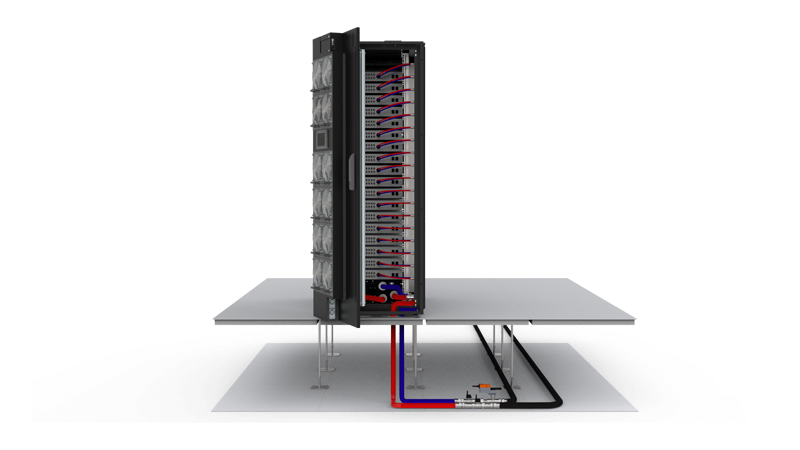Solutions
Cooling
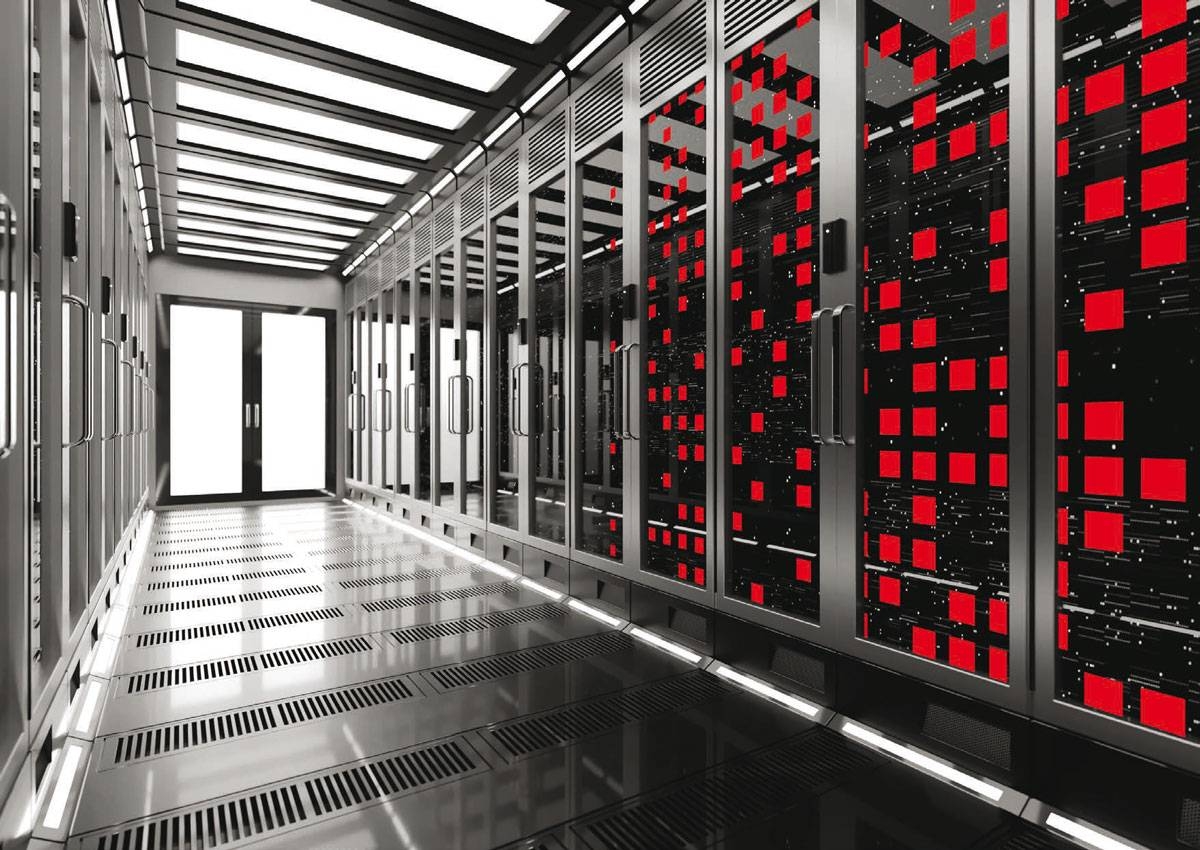
Future Faster
Liquid Cooling for Next-Generation Data Centres
The Cooling solution portfolio available through Elevate delivers efficient thermal management for today's high-density computing environments. From traditional air cooling to advanced liquid cooling technologies, these systems help you manage heat loads while minimizing energy consumption and maximizing compute density.
Future Faster
Scalable Cooling by Design
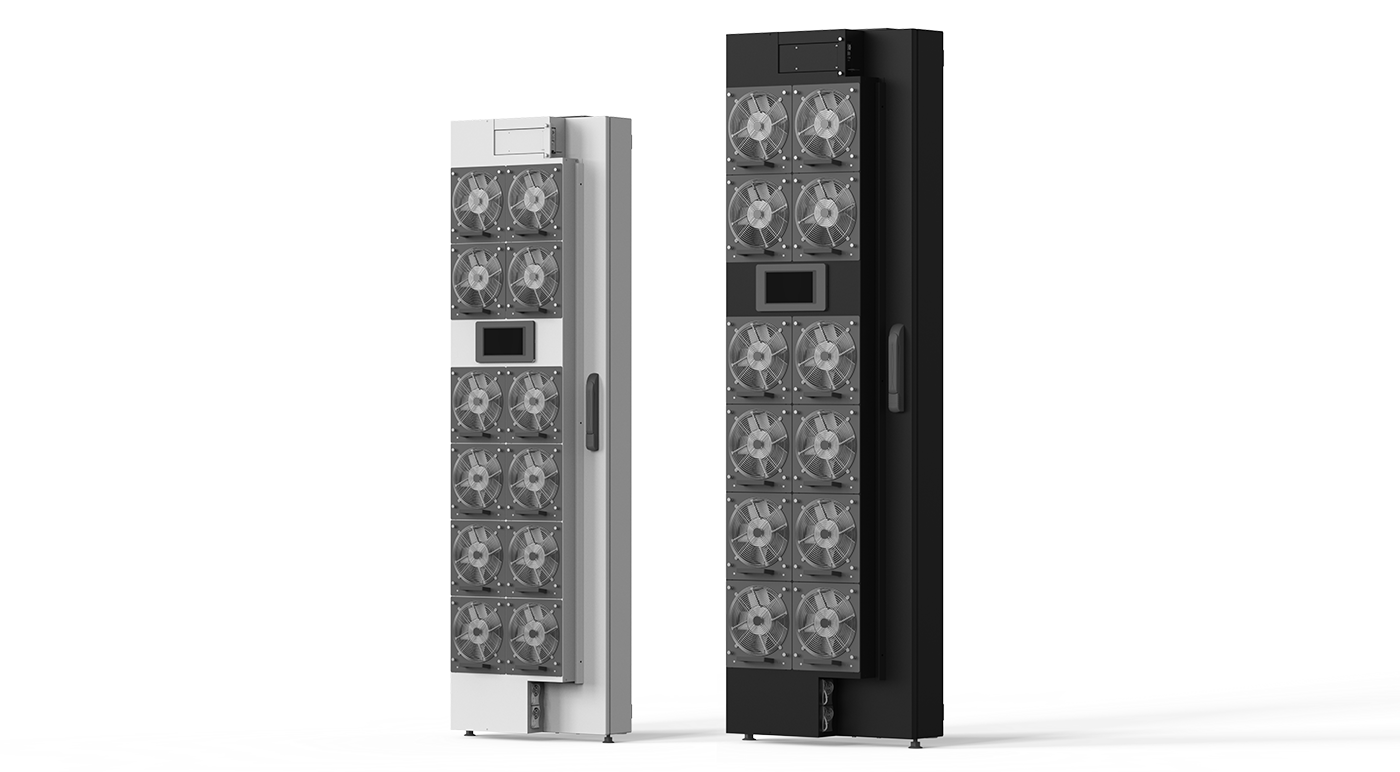
nVent & Elevate bring you cooling solutions featuring a scalable design, allowing cooling capacity to grow alongside evolving computing demands. The modular architecture enables incremental addition of cooling capacity, and flexible deployment options cater to various data centre environments. To support long-term evolution, these solutions provide a technology migration path from air to liquid cooling as density increases. The space-efficient design maximizes usable data centre floor space, and future-ready platforms ensure support for next-generation computing systems.
Liquid Cooling For High-Performance Computing
Our partnership with nVent brings hybrid liquid-to-air cooling solutions to prepare data centres for next generation technology without having to completely rebuild data centre architecture.
Air cooling alone may soon be insufficient for data centres seeking higher performance and next-gen IT. TrendForce predicts liquid cooling adoption will jump from roughly 10% in 2024 to over 20% in 2025, driven by NVIDIA's Blackwell platform.
Elevate, in partnership with nVent, offers liquid cooling solutions that increase data centre capacity while optimising space and energy use, effectively cooling advanced chips and reducing overall cooling energy consumption.
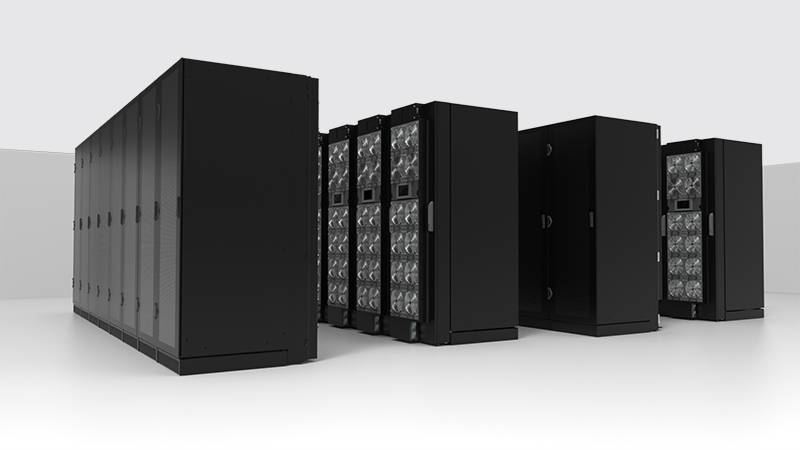
Comprehensive Cooling Solutions
Rack-Level Cooling
Targeted cooling for high-density racks
Row-Level Cooling
Efficient in-row solutions for contained environments
Room-Level Optimisation
Airflow management and cooling distribution
Enhanced Heat Dissipation
Liquid cooling removes heat more efficiently than traditional air cooling
Intelligent Management
Advanced control systems ensure optimal thermal performance:
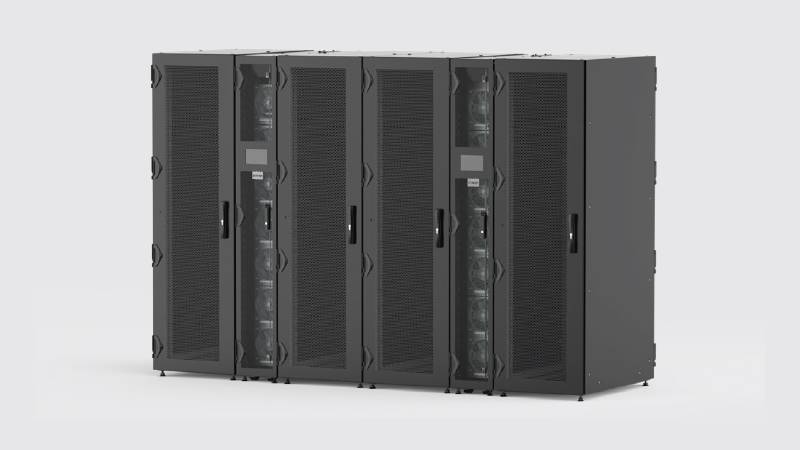

Precision Temperature Control
Maintain ideal operating conditions
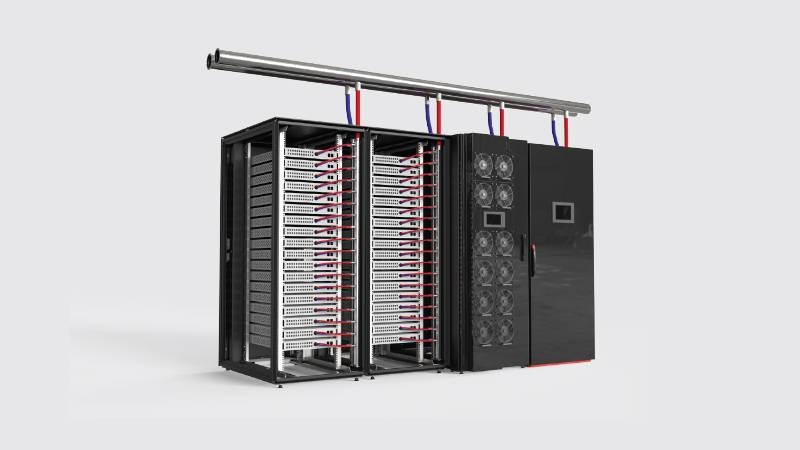

Adaptive Response
Automatically adjust to changing heat loads
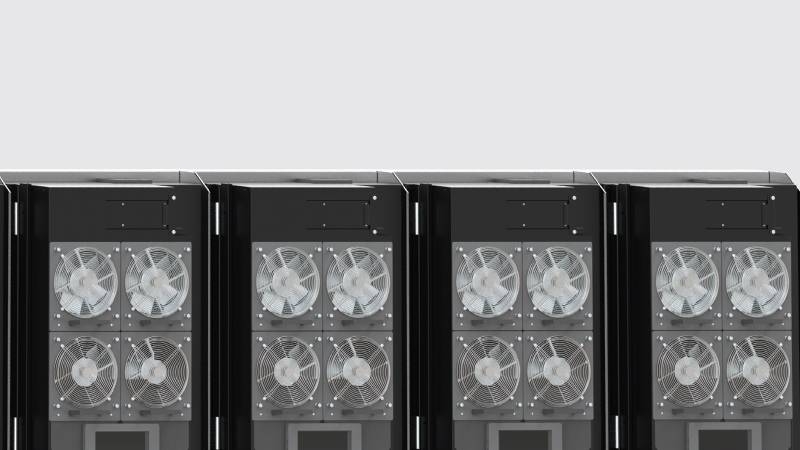

Environmental Monitoring
Comprehensive sensing capabilities


Efficiency Optimisation
Minimize energy consumption without compromising cooling
Browse Product Families

